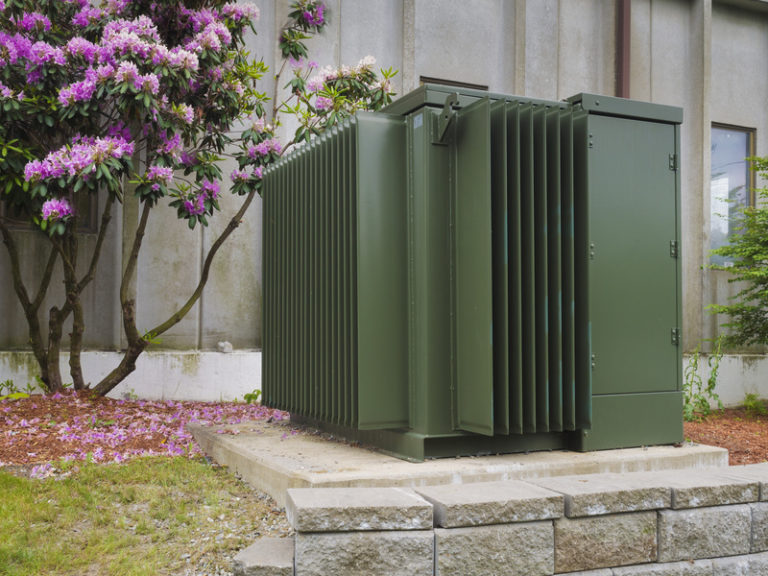One of the first lessons I ever learned came from my first lab manager. He told me if it doesn’t look safe, don’t work on it until it is. When dealing with electricity, at any level, electric safety should always be at the forefront of one’s mind.Over the past 14 years, I have been exposed to everything from low level DC voltage, to high level transmission voltage at substations. In every aspect of every encounter, there are safety protocols written or designed for protection. A person could be the most cautious individual on the planet, but components can fail inside devices, and that could create a potentially hazardous situation. Or, another person could fail to follow protocol, convincing themselves they have performed the task at hand hundreds of times, and something could go wrong. I get extremely nervous working around some people who have performed a task so many times, they have a “don’t care” attitude about it.
A few pointers I have picked up over the years:
1. Learn what PPE is required for the task being performed, and adhere to it. At the very least eye protection should always be worn.
2. Verify that everybody else working with you is aware of the safety protocol, and that they adhere to it as well.
3. Do not be afraid to speak up. An electrocuted charred corpse is not a pretty sight.
4. Non-contact voltage indicators. Don’t trust them exclusively. Verify everything with a working meter.
5. If somebody is acting in an unsafe manner, appears drowsy, appears to be rushing, or is doing something unsafe, stop the work or testing being performed. Nobody’s life is worth saving 5 minutes on a job.
6. Do not attempt to work on, test, measure, or be around any level of voltage you are not qualified to work on. Just because I can hook a meter up to a 120V test switch does not mean I am qualified to work on transmission lines. Know your limits.
7. If it doesn’t look safe, and you don’t feel safe, don’t proceed. Nobody wants to call your family and inform them of an accident.
In the world of electricity, accidents can and do happen. However, following all safety guidelines as required can help minimize accidents, or if one happens, minimize the danger to yourself and your co-workers. Feel free to contact Powermetrix with any electric safety questions or concerns.

